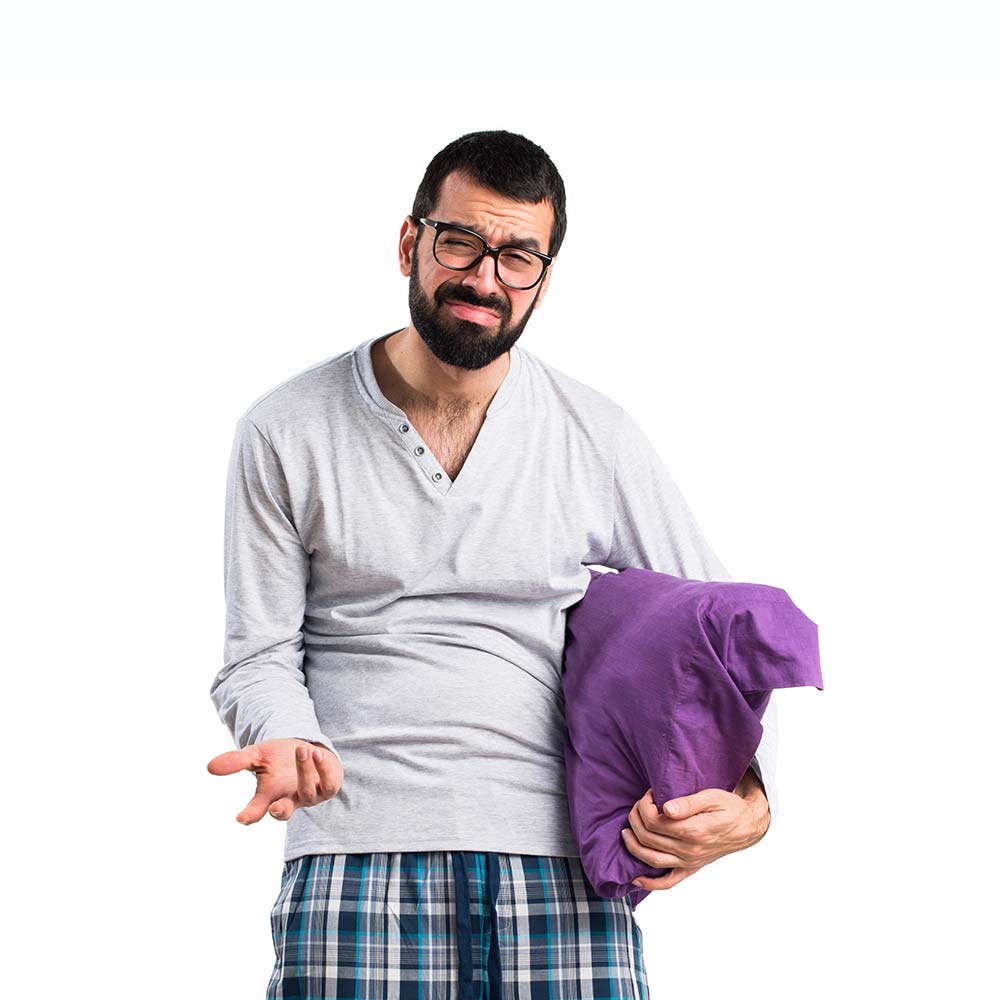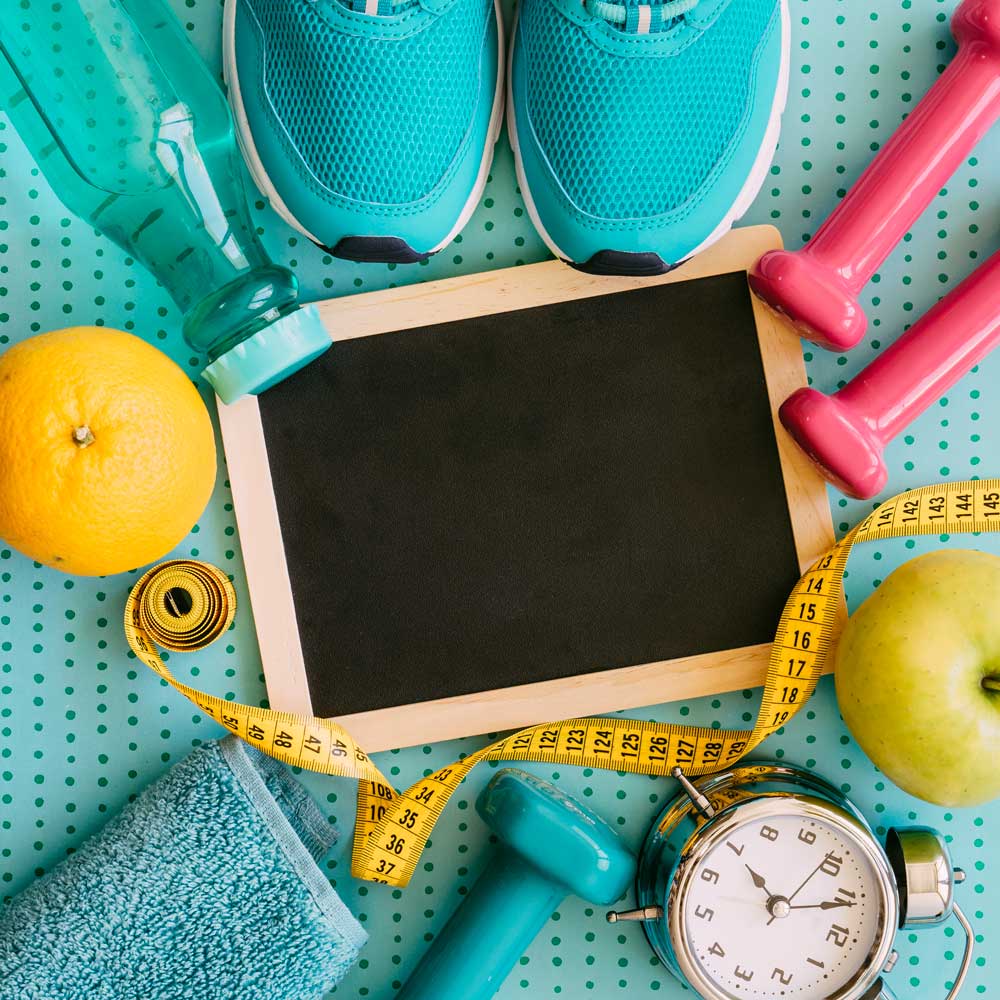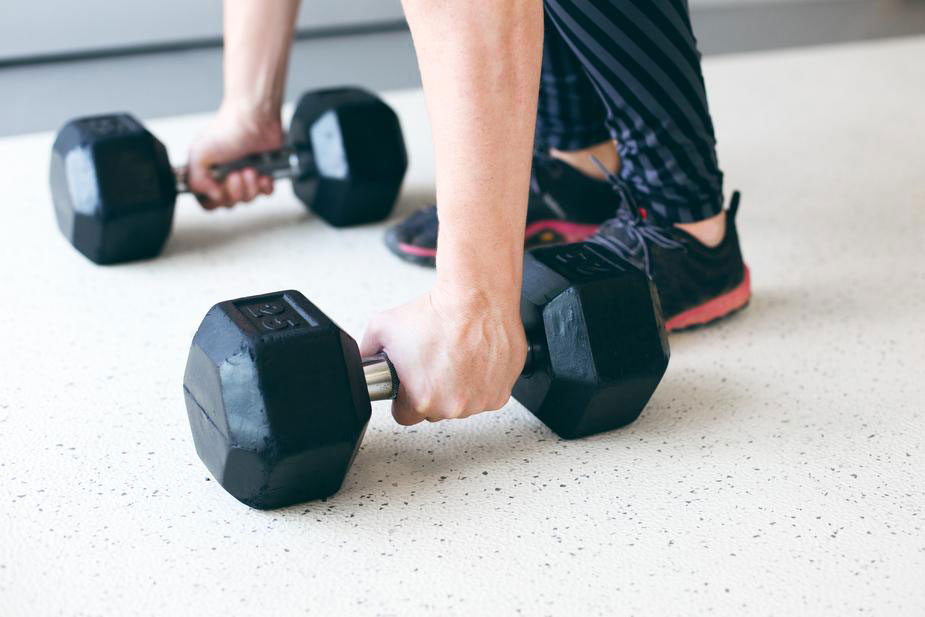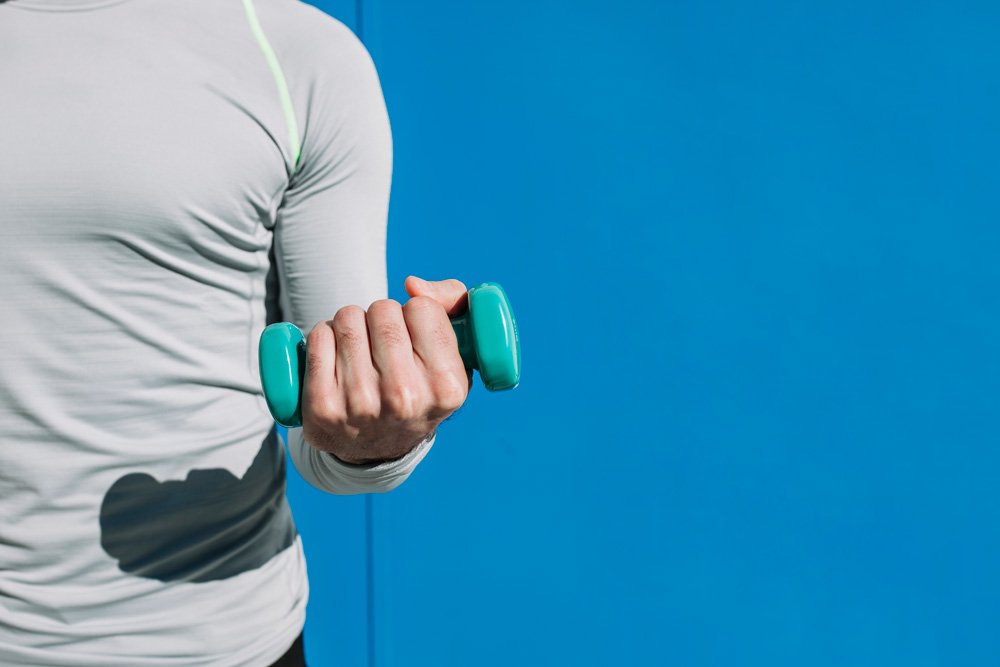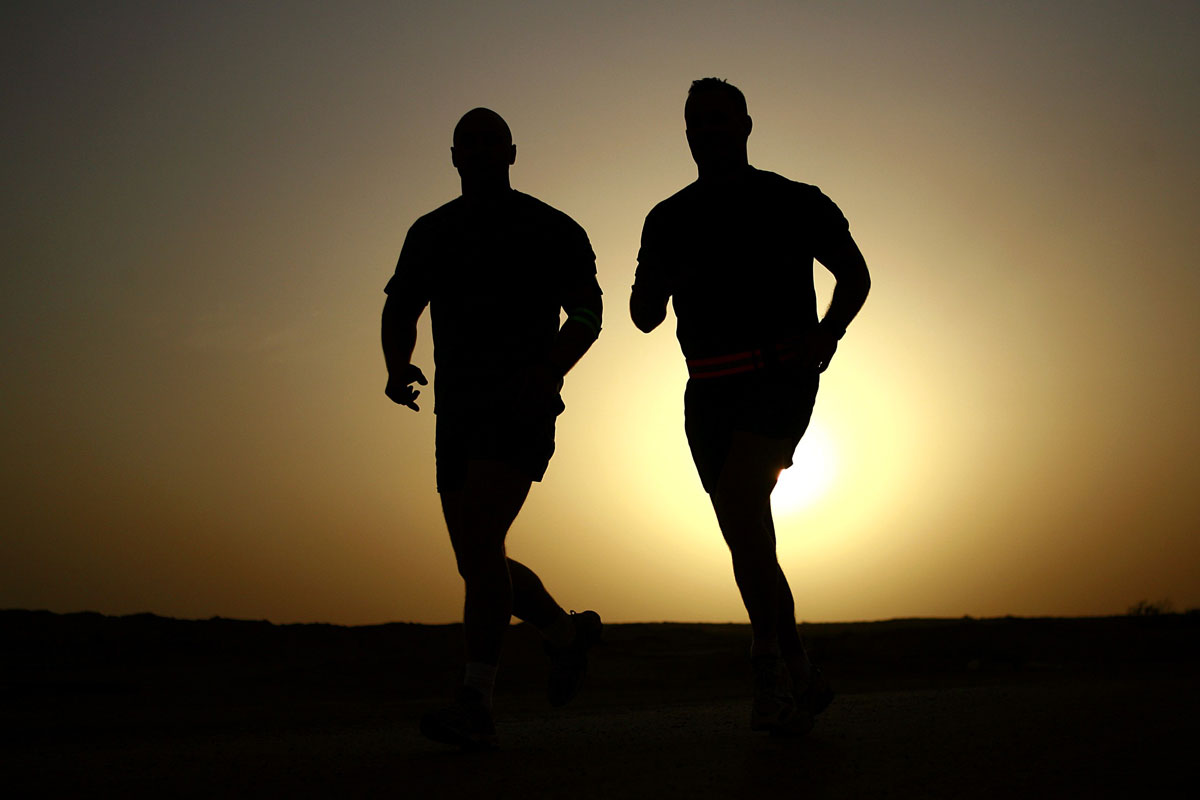Everywhere we turn, there are headlines encouraging us to get moving: Exercises shown to ward off Alzheimer’s; Moderate exercise proven to protect the brain from silent strokes; You need 150 minutes a week of exercise to help avoid cardiovascular diseases; Just 15 minutes of physical activity a day could add three years to your life while decreasing your risk of cancer by 10 percent. You know you should do it but somehow there’s always something that gets in the way of being more active. You’ve read the articles extolling exercise for improved health and cognitive functioning but you’re busy and just don’t have the time. You know you hate to sweat and exercising is boring. Besides, you’d just eat more anyway so why bother? Does this sound familiar? We all know it, and yet, many of us still don’t exercise. As a nation, we are busier than ever but increasingly sedentary. Deep down, we know that these are just excuses so why do so many people not exercise? Why is working out getting harder?
“I don’t have time,” is undoubtedly the number one response that non-exercisers will give when asked. Let’s be honest, today’s world is a busy one. We put so much energy into our daily lives that it often seems like there’s nothing left by the end of the day.
But is that really the case? If you start counting the hours you spend during your downtime—watching TV, playing on the phone or just lying around the house—you’ll start to see that you’re tossing hours that could be spent getting stronger and gaining more energy to help you through your day.
Yet, it’s not only about errands or work schedules or family obligations that make exercising harder; most of the time, it’s really all about self-confidence. Think about it: The more confidence you have in your ability to do something, the more likely you are to do it, right? This applies to work, relationships, education and even exercise. We are more prone to start running, cycling, swimming, doing yoga or any type of physical activity if we think we’re going to be good at it. After all, it’s intimidating enough to walk into a gym for the first time feeling unsure of your possibly unfit self and join a class where everyone appears to know what they’re doing — and not being good at something is enough to make us want to give up.
“We are what we repeatedly do,” stated Greek philosopher Aristotle. It is an observation that gives insight into a complex challenge facing society today – how do we become more active?
The human body is complex. Its myriad systems – from neural to cardiovascular to adrenal – work collaboratively to enable us to function effectively. Our body’s cells need the stimulus of exercise to break down and regenerate. Fundamentally we are designed to move and it is integral to keeping us alive.
Conversely, it seems we are hardwired to do everything we can to keep still. We are a civilization that has become accustomed to on-demand services, technology at the push of a button and a desire for instant results – three factors which stand between us and healthy behaviors. Making life easier has become a mantra for our society. Avoiding the gym in favor of staying in and watching a film, for example, has become too easy. Our workplaces have changed too, from their design to the clothing we wear. We want to get things done quickly, cleanly, efficiently and with minimal effort.
Exercise by its nature is uncomfortable, particularly when compared to our typical environment. So rather than embrace this and focus on the feelings of achievement and euphoria that closely follow exercise, many of us choose to avoid it and stay comfortable. Starting a new exercise routine is tough, and when your body is in pain from getting into shape it’s hard to really enjoy yourself.
How do we combat this and encourage ourselves to move more; when does exercise get easier? Like many things, exercise is all about perspective. If you’re starting a new exercise regimen, you might hate it simply because you’re pushing yourself way too hard without realizing it. The stress comes when you reach your “ventilatory threshold”. When you breathe, you expel carbon dioxide equal to the amount of oxygen you take in, when you’re working hard, you expel more carbon dioxide with an oxygen deficit and the body finds that stressful. Essentially, the harder you work, the less oxygen you’re getting and the worse you feel. For sedentary people, you might reach this threshold within as little as a minute. To track this, it’s all about finding your exercise sweet spot and accepting it might be a little low when you’re starting out.
The reason people don’t like exercise is that they push past their limits and that makes them feel terrible. If you’re sedentary, start small with lighter exercises and work your way up from there (if walking is too tough, try water exercises or recumbent biking). It’ll take a long while, but you’ll eventually increase both your ventilatory threshold and you’ll understand sensations like fatigue better so you know when to quit. The key is to start small and often. Keep the end goal of the positive health benefits at the forefront of your mind and strive for variety in all you do. Consider rewarding yourself for achieving short-term and frequent movement-related activities, but don’t make those rewards unhealthy. Practice is what helps you gain confidence and improve at your sport (even if your sport is simply getting on a stair-climber for 30 minutes a day). Self-confidence can not only give us the guts to try a new workout routine, new sport or new class at the gym, it can give us the necessary willpower to stick to it. Keep in mind that your commitment may also help to motivate those around you and set a good example for younger family members. Simple and sustainable changes work best. Design your working day around movement and both your body and brain will thank you for it. Be that alighting the bus a stop early, walking across the park to a different bus station or taking the stairs rather than the lift.
Humans have survived on this planet for thousands of years because of their ability to adapt. Physiological adaptations start to occur almost immediately when beginning a new exercise program. Many changes occur throughout the body, but the most significant changes include changes in the muscles, bones and cardiovascular system. In doing so, on a regular basis, you are developing your brain and awakening your body; this is the muscles adaptation principle. Our bodies and muscles gradually get prone and adapt to the physical activities, and finally start enjoying it.
Lastly, willpower, motivation to lose weight and exercise will help you to make the workout more pleasurable and will let you achieve your goals.
Thus, engaging in frequent exercise increases cognitive abilities, strengthens memory retention and concentration and improves sleep quality and mental health. Both the psychological and physiological benefits are irrefutable. We are what we repeatedly do. Movement is not an act, but a habit worth forming.
REFERENCES:
https://harvardmagazine.com/2016/09/born-to-rest
https://www.huffingtonpost.com/?icid=hjx004
https://www.thecut.com/2016/09/why-motivation-to-work-out-is-so-hard-to-come-by.html
https://www.babble.com/body-mind/working-out-should-be-playing/
https://www.psychologytoday.com/blog/its-not-just-baby-fat/201712/why-is-it-so-hard-exercise
https://www.verywellfit.com/why-is-it-so-hard-for-me-to-exercise-1231406
https://www.verywellfit.com/how-to-learn-to-love-exercise-2223800
https://lifehacker.com/5897811/whats-my-exercise-sweet-spot
https://www.independent.co.uk/life-style/why-we-find-it-so-hard-to-bring-ourselves-to-exercise-a7311281.html
https://www.peertrainer.com/Fitness/coaching_training/Why_is_it_so_hard_to_start_exercising.aspx
https://www.shape.com/lifestyle/mind-and-body/6-surprising-reasons-your-workout-feels-harder
https://www.sportsci.org/encyc/adaptex/adaptex.html
https://www.livestrong.com/article/337324-muscle-adaptation-during-exercise/
https://www.shape.com/weight-loss/tips-plans/22-ways-stay-motivated-lose-weight
